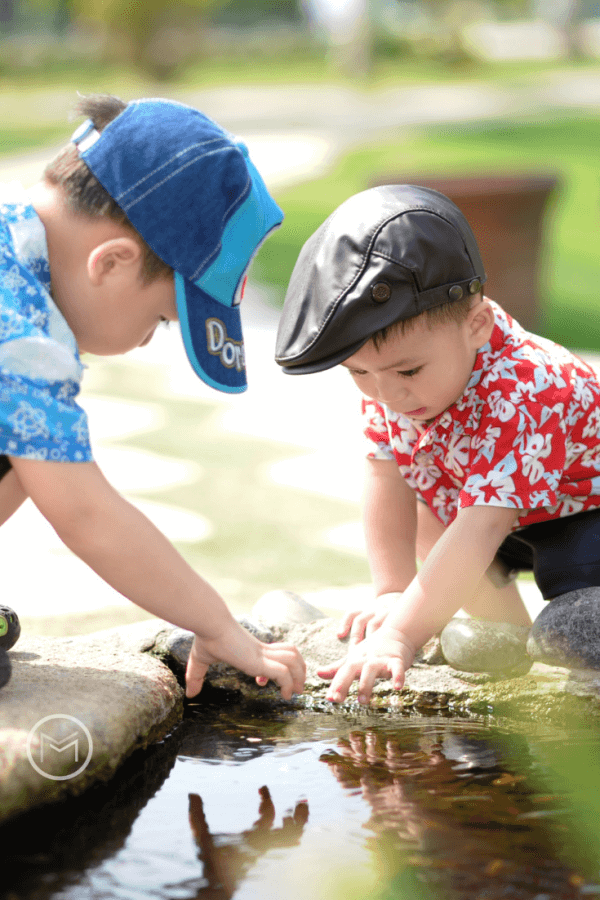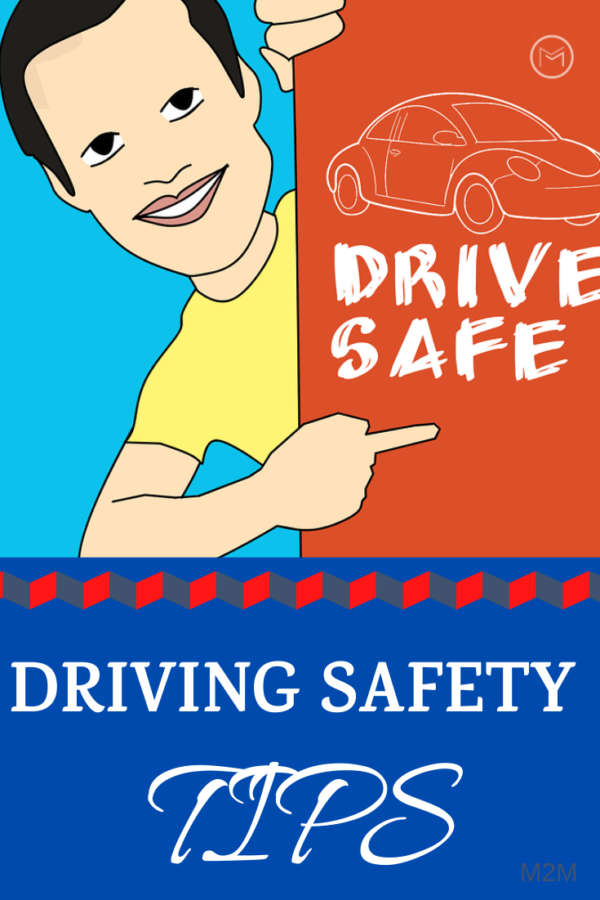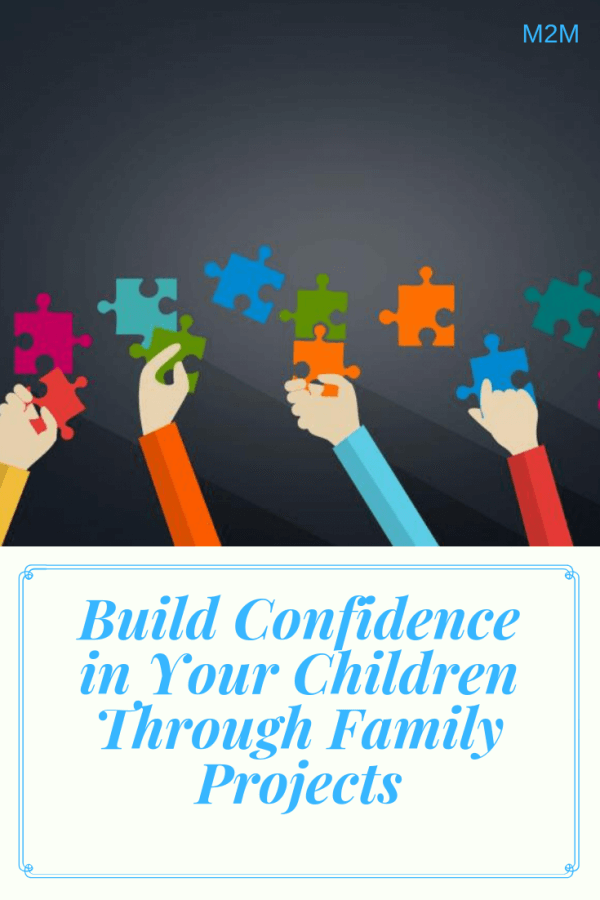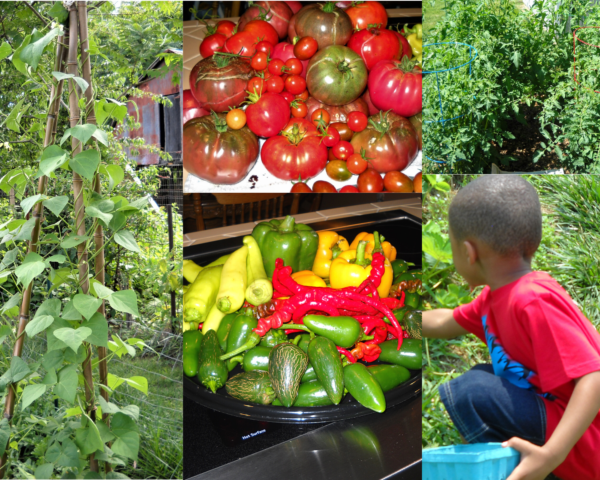The idea that all parents are going to encounter a rebellious teen is far from the truth. Certain teens are easier to deal with than others. Even within the same family system. So, we have parenting tips on how to deal with teens in a constructive way. Regardless of the struggle with your teen, you want them to make decisions that won’t have a negative impact on their future. This pertains to things like driving if they have been drinking or being on either side of a teen pregnancy.
The best thing that we can do as parents is to be as involved in their lives without being overbearing. Additionally, this helps a parent recognize if their teen’s moods or behaviors are changing. This could be signs that they are having trouble at school, experiencing emotional problems, or having trouble in their personal relationships. The following are problems parents can encounter with teens.

Grades Are Plummeting
One of the first signs of a problem with a teen is that of their grades dropping. This is not the time to start accusing your teen of anything, but rather ask why their grades are falling. Often times this is a sign of something like bullying or even substance abuse. However, there is a chance that your teen is not living up to their potential and might need extra help in school. Furthermore, teachers who are not of the highest quality just need their students to pass the standardized test rather learn the material. Getting the students to pass the standardized test is all that is needed for job security. Check the on-line portals to ensure your student is completing assignments and studying for tests.
Practicing Unsafe Sex
Practicing unsafe sex can lead to various diseases as well as pregnancy. Bringing a child into the world is nothing a teen should have to deal with. Birth control and other types of contraception are easy to obtain. Consider options when you’re wondering how to deal with teens. Also, setting ground rules is important. Don’t allow the significant other of your teen to sleep over. This is simply asking for trouble. Educate your teen about safe sex. Remember, preaching abstinence might lead them to avoid birth control because they want to discuss sex with you.

Drug Use
Drug use can be tough to detect if your teen makes a beeline for their room once they arrive home. The last thing that you want as a parent is to figure out your teen is on drugs. But, their addiction is now out of control. Marijuana probably is not going to ruin your teen’s life unless they are arrested for possession of the drug. Marijuana can impact the growing brain negatively. So, educate your teen on marijuana. It is widely available, especially in states where recreational use is legal. Drug testing a teen that you suspect of drug use can be done. Home tests are affordable, and they can help keep your teen from falling into a life of destruction.
Alcohol Abuse
Alcohol abuse can impact a person of any age, religion, race, or gender as well as impacts all levels of the socioeconomic ladder. Fortunately, alcohol can be easier for a parent to detect due to the smell and impact it has on an individual. The one thing that you need to consider if your teen has been drinking daily is a supervised detox. The last thing you want is your teen to have a seizure due to the effects of stopping daily alcohol use immediately. Take the time to talk to your teen about how alcohol abuse can impact them now and in the future.
Teen Arrest Jeopardizing Future
If your teen is arrested this is not the time to show them tough love. Depending on their age, certain arrests can impact their future. A drug related arrest can lead to a student who has been accepted into a college or university having their admission revoked. For time arrests for a teen with the right lawyer, it is possible that your teen can enter drug education program or outpatient rehab. Additionally, they may have the offense wiped from their record.
Noll Law Office, a criminal defense lawyer in Springfield, IL notes “You need to know that the attorney you hire has the training, knowledge and experience to defend you or your loved ones. When your future is at risk, there is no alternative but to obtain the best criminal defense lawyer available.” An arrest can be a wakeup call for your teen. But, do not let their arrest impact the rest of their life if you can help it!
This is just a shot list on how to deal with teens. React with a plan in mind rather than flying off the handle. You should implement this response even if your teen does need a good verbal reprimand. The teenage years only last a while. As a result, make sure that you help set your teen up for success in life.








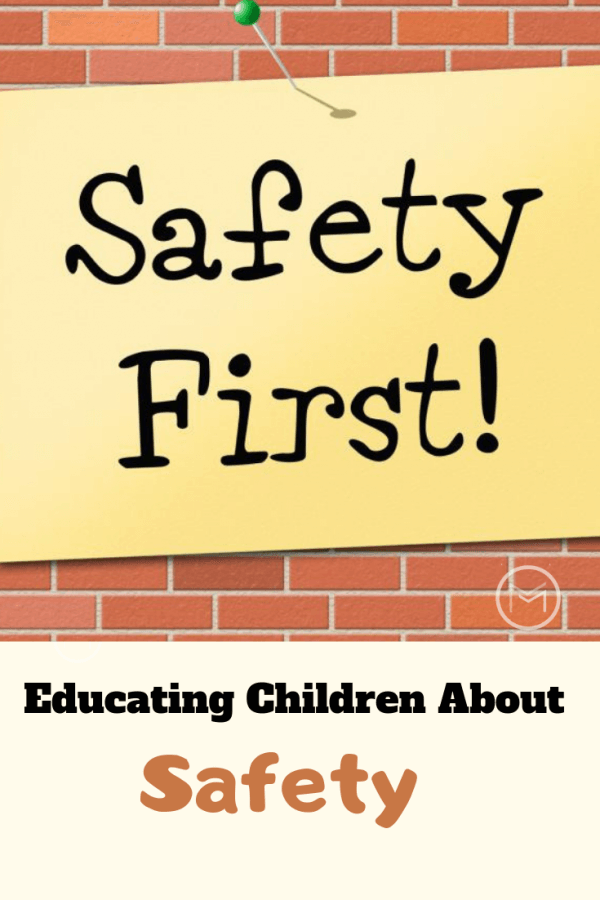 Here’s our parenting tips:
Here’s our parenting tips: